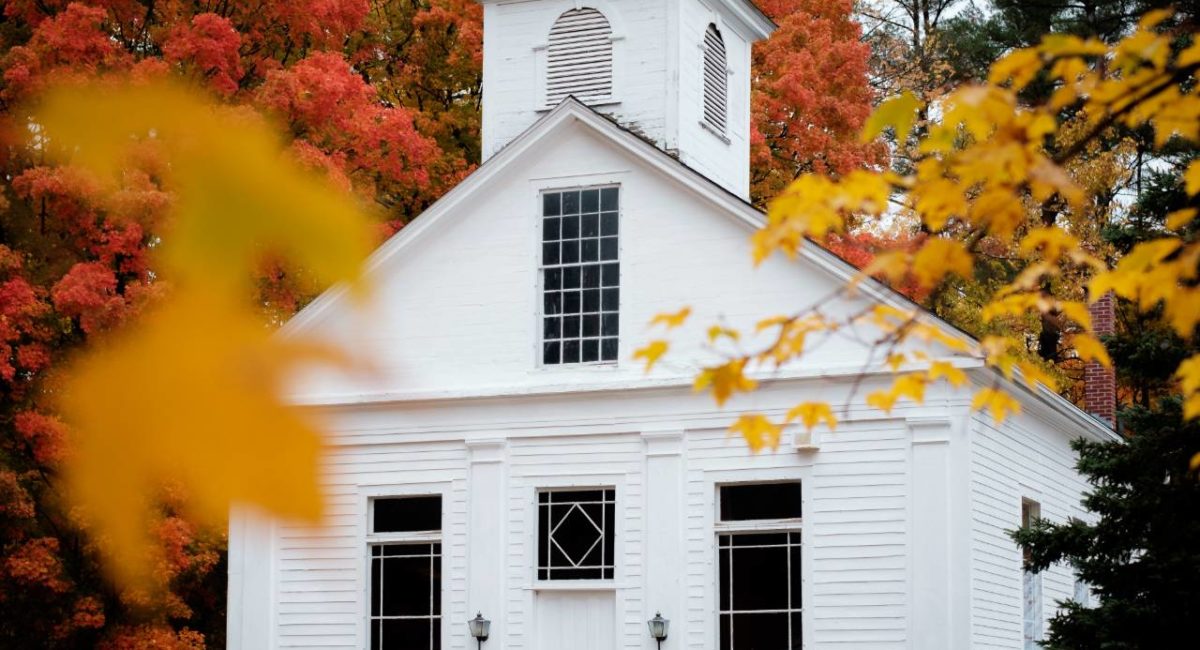Vermont became the second state (following Illinois) to approve adult-use cannabis by legislature and the 11th state overall to adopt adult-use cannabis sales. Vermont governor Phil Scott allowed the bill, which was approved by both chambers of the Vermont statehouse last month, to pass into law without his signature this week his office announced.
It seems like ages ago since we last discussed Vermont’s push for adult-use cannabis sales, but no, even though time no longer matters thanks to Covid-19, that was only in January. [To wit: MMLG’s intern first blogged about Vermont in early March of 2019. –Ed]. With the state senate and state house of representatives putting together a comprehensive plan for legal recreational sales that also provided education and safety measures Scott had been pressing for, Vermonters can begin preparing for an entrepreneurial canna-rush in the Green Mountain State. Here’s what you need to know.
Vermont adult-use cannabis sales FYI
Back in 2018, Vermont did approve adult-use cannabis consumption and cultivation, there was however no allowance for commercial sales and so the commercial cannabis market didn’t exist. Even earlier, back in 2004, the state allowed a medical market to open, but with five dispensaries, again, not much has happened.
Now, with adult-use sales coming into focus and with a scheduled date of October 2022, the state is looking at tangible opportunities for commercial development that could benefit Vermonters and their small-business sensibilities.
Vermont wants small businesses to succeed
- Firstly, license categories in Vermont will be:
- Retail
- Cultivation
- Manufacturing
- Wholesale
- Lab testing
- And, intriguingly, “no more than five integrated licenses”
- Beyond those five “integrated licenses,” operators can only posses one license by category.
- A prioritization system will be implemented. Priority will be given to:
- existing medical operators
- minority-owned businesses
- businesses with environmentally sustainable plans in place
- groups impacted by prohibition
- operators with “living wages and benefits” plans for employees
- The state cannabis board must consider policies geared towards smaller cultivators (under 1,000 square feet of canopy). For non-Vermonters, it is critical to understand that the state prioritizes small and sustainable farming operations.
Local Control
- Municipalities have the control on “opt-in” for retail operators.
- Municipalities do not have opt-in for other license categories.
- Cities could set their own regulations (sorta like California and Massachusetts, tbh.)
Potency
- Flower (30% THC potency cap) and concentrates (60% THC potency cap) will be regulated. We’re not so concerned about this just keep reading.
- Packages cannot contain more than 50 milligrams of THC.
- A “serving” is limited to 5 mg. of THC. Math majors are determining that packages may have a maximum of 10 servings/package.
- Medical and home grow will not have a potency limit.
Taxes
- 20% tax rate for rec. sales (14% cannabis excise tax, 6% VT sales tax).
- No local taxation option
- Medical cannabis will not be taxed.
Honestly, we like this as a starting point. We don’t envy Vermont’s Cannabis Control Board and their job of playing whack-a-mole when it comes to MSOs attempting to circumvent that rule designed to keep things small, but it is a good first step.
As for the THC limits? Here’s our take: 30% THC potency, as we have experienced via, ahh, ample testing of California products, is not a big thing. 30% is plenty potent enough to get a consumer where they want to go and it all comes down to the entourage effect and a given strain’s ratio of botanical compounds, terpenes, and how they interact. There are lots of perfectly pleasant strains and concentrates with perceived and allegedly “small” percentages of THC that will park one on the couch.
And as for the THC STRONG bros –they’re always bros– we see them, folks. They are the same group that inevitably chugs some super-high ABV imperial IPA or something at the start of a party and then are without fail “partied out” awfully early. Consumption of all things, cannabis, beers, nachos, whatever, always comes down to moderation.
Beyond that, Vermont’s adult-use cannabis legalization comes as other east coast markets such as Virginia, Rhode Island and Maine are getting on track. Despite all that 2020 has brought, and it’s been a bushel, the push for continued cannabis legalization has made some surprising progress this year.
Have questions about Vermont’s legalization of adult-use cannabis process? Reach out to MMLG.

